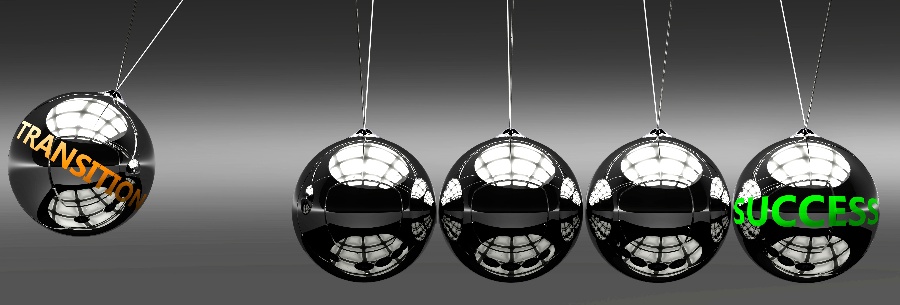
Some local businesses need to improve their vehicle fleets throughout the year. Purchasing and maintaining a growing number of vehicles can be expensive, especially if it requires you to keep hold of these vehicles.
Apart from this, there is the cost of purchasing different types of automobiles, vans, and trucks that your business needs on an ongoing basis, with additional private registrations and insurance policies. Luckily, a fleet management and leasing company can assist businesses in a smooth transition from purchasing to leasing.
If you are interested in using a fleet management company or leasing your vehicles, the transition from purchasing to leasing is not always easy. If you want to make the switch smoothly, follow these tips.
Evaluate Your Company Needs
Once you decide to switch from purchasing to leasing, start evaluating your company's needs.
- Do you need a particular type of car to transport certain types of cargo?
- Are there specific features or accessories that are non-negotiable?
- Will the vehicle be driven primarily by business owners or employees?
- How long do you need the vehicle?
These questions can help you determine whether or not leasing will fit your business's demands.
Find the Right Fleet Leasing Company
Suppose you're planning on switching from purchasing to leasing vehicles for your business. In that case, it's essential to find a fleet leasing company that will provide you with the kind of service and support that will make that transition as easy as possible. A suitable leasing company offers you a lease agreement that works best for your business and gives you all the advantages of leasing while minimizing any potential drawbacks.
Before signing any contract with a fleet leasing company, it's vital that you understand precisely how leasing works, who's responsible for what, and what happens if something goes wrong. A good fleet leasing company will ensure that everything's taken care of and every question has an answer; it's best to start your search there.
Familiarize Yourself With How Leases Work
When leasing your vehicles, you need to familiarize yourself with how leases work. You'll want to know the different types, the short-term and long-term costs, and how to compare different options for your business. Once you have this information, you can begin looking into which types of leases will work best for your business needs.
Types of Leases
A few different leases are available that might be right for your business. They all have their pros and cons. Still, they all share one commonality: they can be an excellent alternative to purchasing vehicles when you want to ensure you have access to various cars that can do different jobs.
- Short-term leases are the most suitable if you need a vehicle for a specific project or event that will last for a limited time, usually less than five years. For example, suppose your company requires a semi-truck to deliver its products or services to a specific location. In that case, it won't need that truck again until the following year when it delivers products or services to a new site. This type of lease is best suited for businesses with fluctuating needs.
- Long-term leases are the most suitable if your company needs vehicles on an ongoing basis or if you have constant needs throughout the year. For example, if your company requires a delivery truck annually, you'll need a semi-truck each year during the same season you originally leased it.
- Intermittent leases are very similar to short-term leases in that they are short-term agreements (generally under three years). Still, unlike short-term leases, intermittent leases can also be used for vehicles that don't need to be in use 24 hours a day. If you only need the car for commuting or errands around town, an intermittent lease is an excellent option because you can end your contract at any time with no penalty fee.
Consider the Benefits of Leasing
Leasing a vehicle may seem foreign or unusual, but it can be a brilliant decision for many small businesses. It comes with a lot of benefits, such as:
- You don't have to pay for the total cost of the car, which is great when you're tight on cash.
- It gives you some flexibility in choosing your car and makes it easier to upgrade in the future without losing your investment.
- If you're leasing, you don't have to worry about depreciation, one of the highest costs of purchasing a vehicle.
- Leasing makes it easier to get vehicles replaced if they break down or are damaged in an accident because your payments will stop while the vehicles are being repaired and replaced (as opposed to having hundreds of dollars coming out of your pocket every month until you've paid off the total amount).
Businesses that rely on vehicles for their business can get a lot of value by leasing them from fleet management companies. Wilmar Fleet Management and Leasing Company takes pride in providing companies in North Carolina with fleet solutions that match their needs.
Whether you're an electrical, home services, or a business that requires vehicles to run daily activities, we are here to help. Contact us today and lets us provide you with a customized fleet to help you operate your business effectively.







